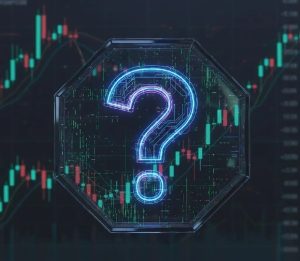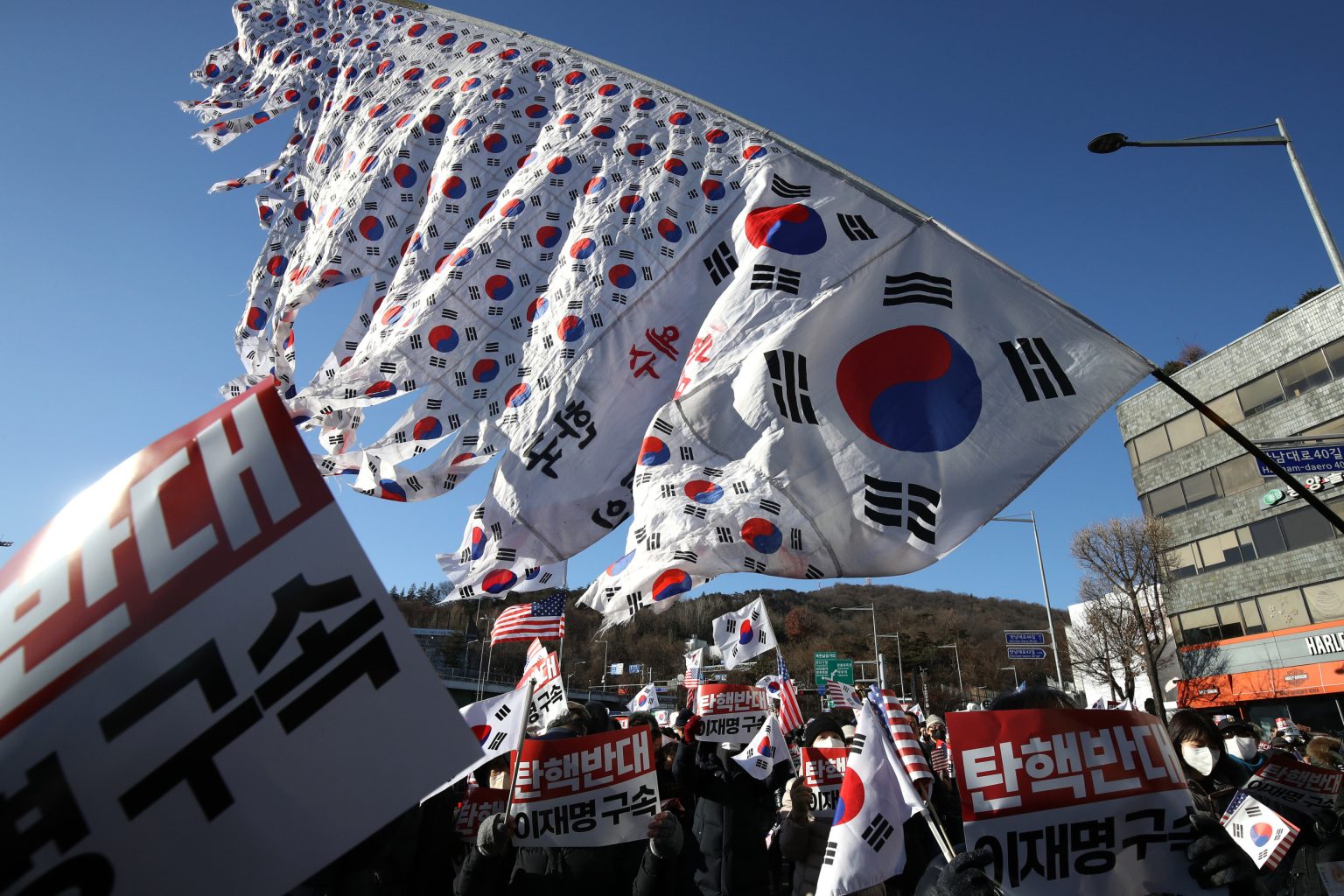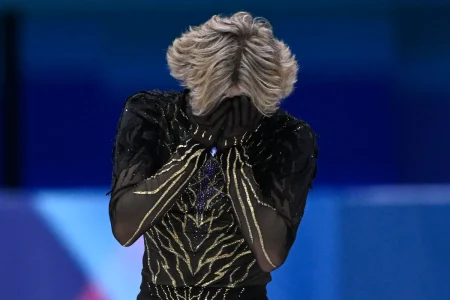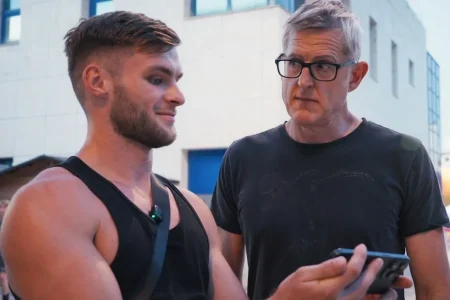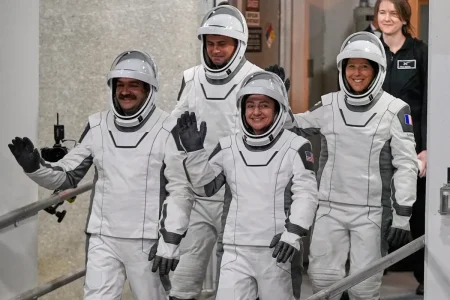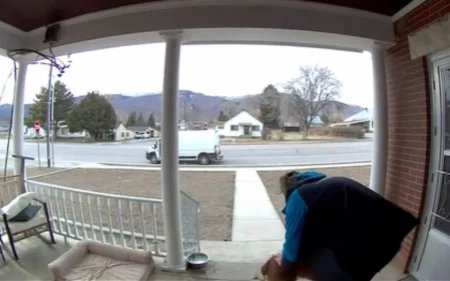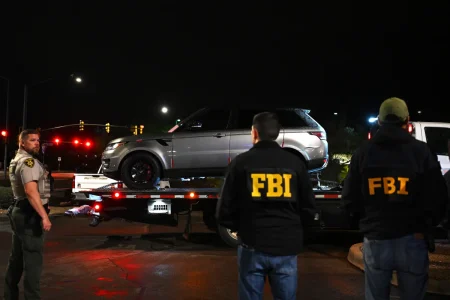The political landscape of South Korea remains fraught with tension following the impeachment of President Yoon Suk Yeol and the subsequent impeachment of his successor, Acting President Han Duck-soo. The focal point of the ongoing crisis revolves around accusations against Yoon, specifically his short-lived declaration of martial law on December 3rd, which the opposition views as an act of rebellion. This declaration, though quickly rescinded by the National Assembly, triggered a chain of events leading to Yoon’s impeachment and the current standoff between him and the authorities seeking his detention. Adding fuel to the fire was the resignation of Park Jong-joon, the head of the presidential security service, amidst allegations of obstructing law enforcement’s attempts to apprehend Yoon. The interim leader, Deputy Prime Minister Choi Sang-mok, has called for an independent investigation into the matter, highlighting the deep divisions and the urgent need for a resolution.
The heart of the current political impasse lies in the efforts to detain former President Yoon. Authorities, specifically the Corruption Investigation Office for High-Ranking Officials (CIO), are investigating whether Yoon’s declaration of martial law constitutes an act of rebellion. A prior attempt to detain Yoon at his official residence was thwarted by the presidential security service, leading to heightened tensions and concerns of potential violence. Park’s resignation, while significant, doesn’t immediately resolve the core issue of Yoon’s potential detention. The standoff persists, with Yoon remaining barricaded in his residence, protected by a reinforced security detail, and the legal battles surrounding the validity of the detention warrants continuing. This ongoing struggle underscores the delicate balance of power and the potential for further escalation.
The situation is further complicated by the varying legal arguments and jurisdictional disputes surrounding the attempts to detain Yoon. Yoon’s legal team contests the authority of the CIO to investigate rebellion charges and direct police action in this matter. They argue that only the Seoul Central District Court, which typically handles high-profile cases, has the jurisdiction to issue a valid arrest warrant. This legal challenge creates another layer of complexity and potentially delays any resolution. The interim leader’s call for an independent investigation underlines the need for a neutral body to assess the situation and hopefully de-escalate the tension. However, achieving consensus on the formation and scope of such an investigation remains a challenge.
Political maneuvering continues as the opposition Democratic Party and other groups have introduced a bill to establish an independent investigation into the rebellion allegations against Yoon. This renewed effort attempts to overcome previous roadblocks, particularly the objections from Yoon’s party regarding the selection of a special prosecutor. The new bill proposes a different selection process, involving the Supreme Court chief justice, in an effort to achieve bipartisan support. However, the success of this bill remains uncertain, given the existing political divisions and the potential for further partisan gridlock. The passage of this bill and the subsequent investigation could be pivotal in determining Yoon’s future and the overall stability of South Korea.
Adding to the complexities of the situation is the heightened public scrutiny and the differing narratives surrounding the events. While the interim leader and the opposition call for accountability and adherence to the rule of law, Yoon’s supporters view the attempts to detain him as politically motivated. Public demonstrations and expressions of support for Yoon highlight the deep divisions within the country. These contrasting perspectives contribute to the already tense atmosphere and make finding a peaceful resolution even more challenging. The ongoing uncertainty surrounding Yoon’s fate and the potential legal battles further contribute to the sense of unease.
Looking ahead, the immediate future hinges on several key factors. The Constitutional Court’s decision on Yoon’s impeachment holds immense weight, as it will determine whether he is permanently removed from office or reinstated. The outcome of the legal challenges to the detention warrants will also be crucial. Will the courts uphold the CIO’s authority, or will Yoon successfully evade detention? Finally, the possibility of an independent investigation offers a potential path towards a clearer understanding of the events and potential accountability. However, the feasibility and effectiveness of such an investigation remain contingent on achieving bipartisan support and navigating the complex legal and political landscape. The ultimate resolution of this crisis will significantly impact South Korea’s political stability and its future trajectory.


